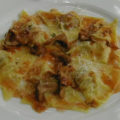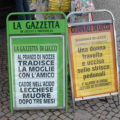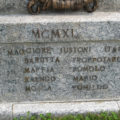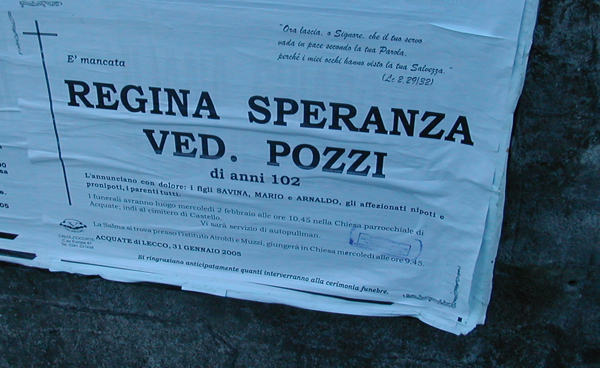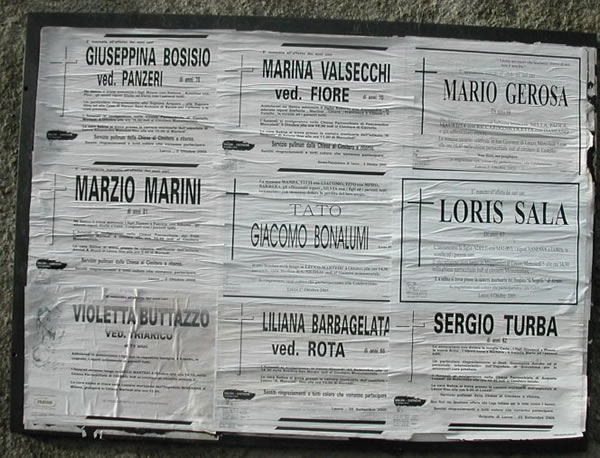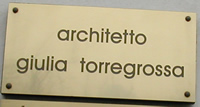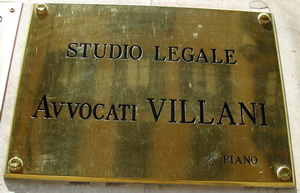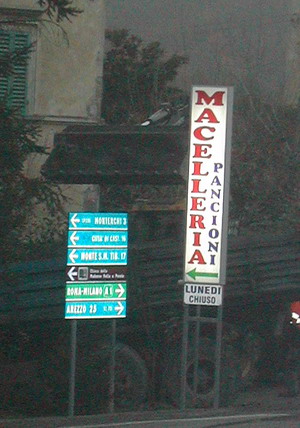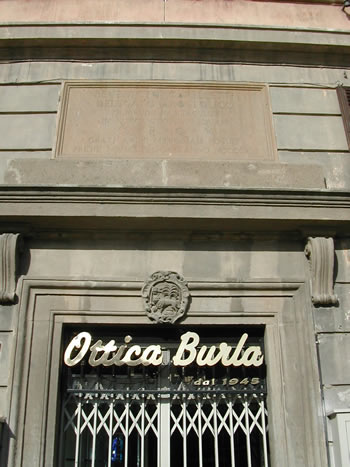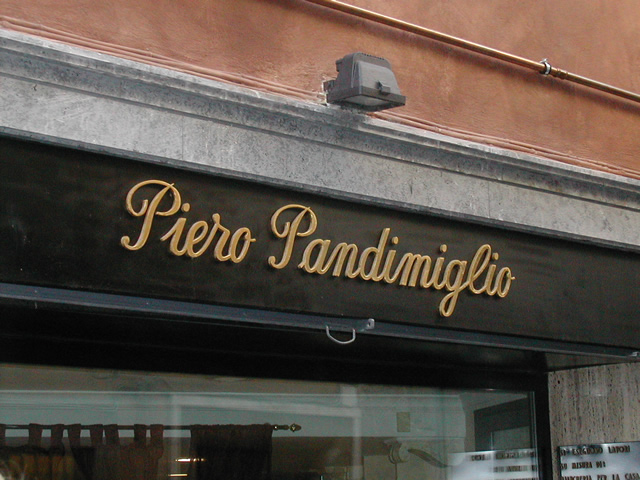When I first visited Italy in 1987 or ’88, Italians still took their traditional long vacation – practically everyone was on holiday for the entire month of August, all crowded together on the beaches or in the mountains. Many Italian families own “second” (vacation) homes, so summer simply meant a transfer of the wife and kids to the summer home by July 1st, with the husband visiting on weekends until his own vacation began in August.
All offices, shops, and factories shut down tight in August – there was no point in being the lone company to remain open: there’d be no one around for you to do business with.
That scenario had already begun to change when we moved to Italy in 1991. In many families, both parents must work to make ends meet, so in July kids go away with their grandparents. If this isn’t an option, the City of Milan offers summer camps at vacation villas owned by the city, with sliding scale fees so that even the poorest families can get their kids out of the hot, filthy city for a few weeks.
Few Italian organizations – besides the government – shut down completely in August nowadays, and employees are more likely to stagger their vacations, with the wiser and more flexible preferring to travel off peak, when vacation spots are less crowded and cheaper. But it can still be hard to do business – no one wants to make any real decisions when key personnel may be missing. It’s even difficult to keep an office running efficiently when employees have to search far and wide for a restaurant to give them lunch!
This year the government returned from its own vacation with lots of big ideas, including reforms of the school calendar intended to “improve tourism.” The idea is to shorten the three-month summer holiday, sprinkle more long weekends throughout the school year, and lengthen the Christmas (and presumably Easter) holidays.
To be effective, this plan would also have to include staggering school holidays by region. As in France, where a week-long winter holiday is carefully scheduled for different weeks in different provinces, to balance the tourism load on ski slopes and Caribbean islands. Germany and Austria have a bilateral agreement to similarly reduce crowding in their preferred ski areas.
For Italy, I would suggest a further reform: a five-day school week. Most Italian high schools still run a six-day week, though many elementary and middle schools have switched to five. We would happily go away more often than we do, but Ross is in school most Saturdays, which considerably shortens the radius of our possible wanderings.
Climate and habit may both be stacked against any radical reforms, though. Our gung-ho young vice-premier Rutelli said that the summer vacation ought to be changed because “we’ve been doing it the same way for 40 years.” This, to the Italian mind, is not a good or sufficient reason to change anything; I fear this part of his argument will carry no weight at all.
One commentator sniffed: “We all have second homes, and people already take as many long weekends as they want to go to them, using fake doctor’s excuses.” The first part of his statement is not true – not everyone can afford a second home. The second part is truer; we seem to be in a minority of parents who don’t take our daughter out of school many Saturdays just so we can leave town. (Perhaps that’s because we don’t have a second home.)
Another commentator asked: “How are you going to get the teachers to agree to this?” Good question. They don’t get paid much, and one of their perks is that long summer vacation – I’m not sure they’d be willing to give it up. And they themselves seem to get a lot of unscheduled days off during the school year, what with strikes and illnesses…
On the third hand, the long vacation is not helping students academically – there’s way too much time to forget what you learned during the school year. Summer homework assigned to combat this ends up being a burden on the parents. The summer between Ross’ 6th and 7th grade, she had so much homework that we spent four hours a day throughout August supervising her work and/or teaching her – not much of a vacation for us. I confess it was something of a relief that she flunked 10th grade, so we all had a homework-free summer last year. (No such “luck” this year! Poor Enrico just spent two weeks with Ross on her math and physics make-up homework, when he would have vastly preferred to be off hiking.)
Climate may also be a factor in summer vacations. While more and more Italian offices are air-conditioned nowadays, schools are not, and, under current budget constraints, it’s unlikely that any can afford to install and power A/C. With summer heat getting more intense, as it seems to be in recent years, it may be simply impracticable to keep kids in school much beyond mid-June, nor bring them back earlier than the beginning of September.
Some schools we know of have in past years shown a desire to flex the calendar, starting a bit earlier and finishing a bit later so as to be able to offer more long weekends during the year, but were told by the Lombardy region that they had to stick to the official regional school calendar. A simple step in the desired direction would be to let each school negotiate its calendar with teachers and parents, assuming that a minimum number of class days is respected.
I’d write to Vice-Premier Rutelli to suggest this, but he doesn’t seem to have an email address…



